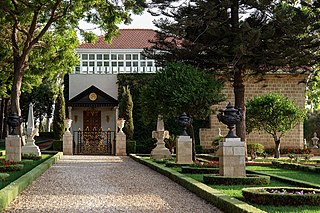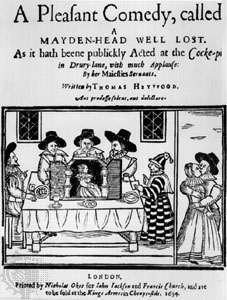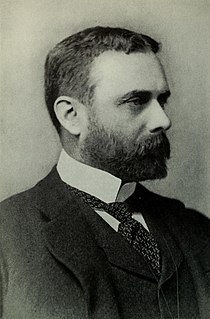A Quote by Christopher Marlowe
You stars that reigned at my nativity, whose influence hath allotted death and hell.
Related Quotes
Let us look upon a crucified Christ, the remedy of all our miseries. His cross hath procured a crown, his passion hath expiated our transgression. His death hath disarmed the law, his blood hath washed a believer's soul. This death is the destruction of our enemies, the spring of our happiness, and the eternal testimony of divine love.
Black Nativity certainly lends itself to reinterpretation. It was kind of designed to be infused with the creativity of whoever is putting it on, and every performance is a little bit different. So, this is definitely my version of Black Nativity. It has its own story, which is a family story. Langston Hughes' Black Nativity informs it, and is contained within it.
Blessed the man that hath visited `Akká, and blessed he that hath visited the visitor of `Akká. Blessed the one that hath drunk from the Spring of the Cow and washed in its waters, for the black-eyed damsels quaff the camphor in Paradise, which hath come from the Spring of the Cow, and from the Spring of Salvan (Siloam), and the Well of Zamzam. Well is it with him that hath drunk from these springs, and washed in their waters, for God hath forbidden the fire of hell to touch him and his body on the Day of Resurrection.




































